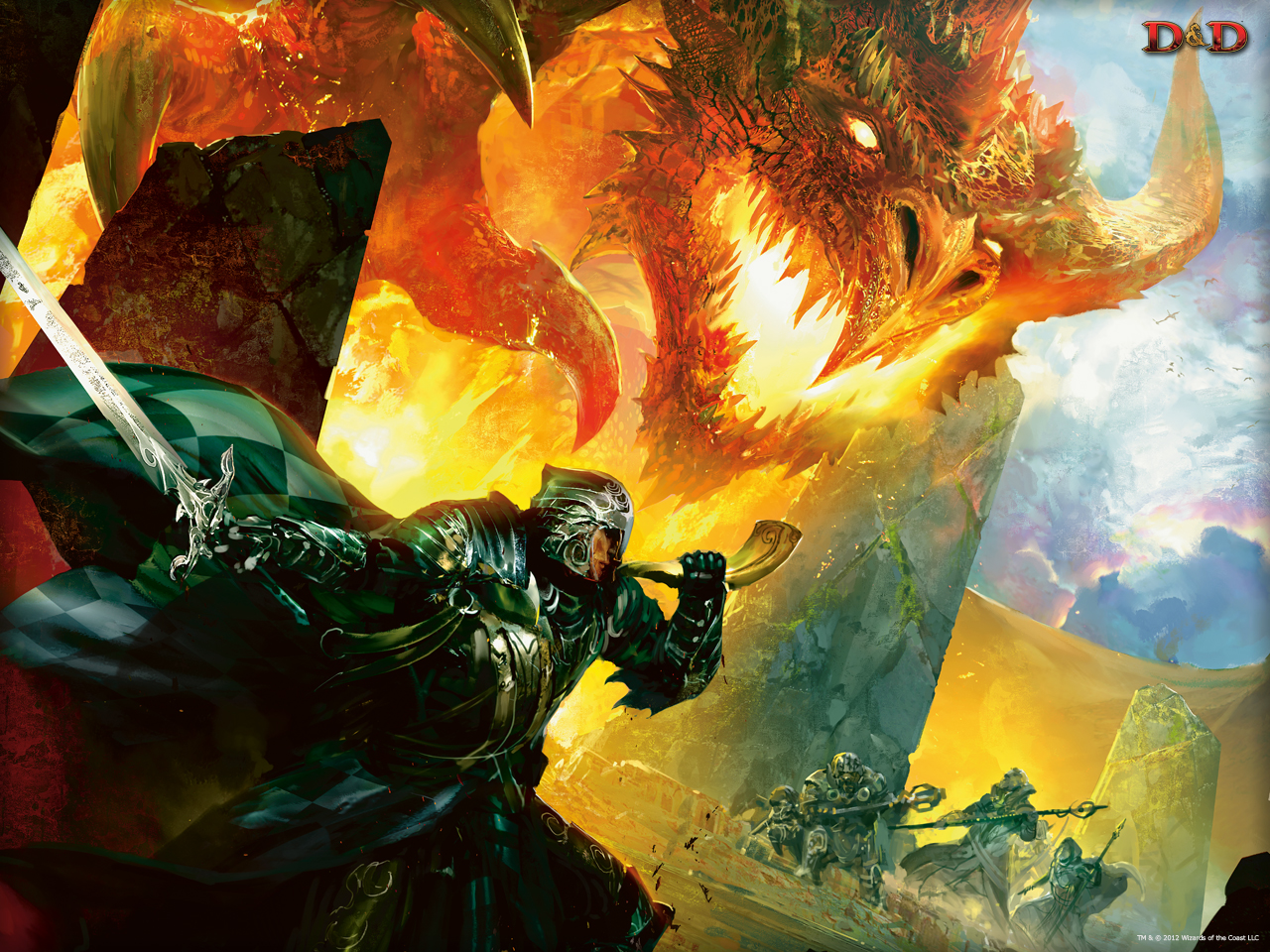An Overview of D&D Next (Part 1)
The following is the first in a two-part series regarding the upcoming new edition of Dungeons & Dragons, dubbed ‘D&D Next’.
Part 1 highlights the disastrous design policies of the infamous 4th Edition, and how they influenced the company’s approach in rebuilding the rules.
Part 2 examines the latest revisions for D&D Next, and how well the new rules address the needs, and concerns, of D&D players.
‘4E’: The failure of Wizards of the Coast?
Dungeons and Dragons 5th Edition has reign the RPG Domain, partner it up with inkarnate, the best cartography tools that would blast your gameplay experience away. In just a few short weeks, Gen Con 2013, the largest annual convention for hobby and roleplaying game publishers and players, begins and thousands of attendees will be breaking out their D&D dice.
One item guaranteed to generate buzz with attendees is the first public unveiling of the newest Dungeons & Dragons (D&D) rules set, currently dubbed ‘D&D Next’.
Ghosts of Dragonspear Castle, consists of an hours-long campaign for players to experience, as well as the rules needed to play.
Wizards of the Coast, D&D’s publisher, have a lot riding on the reception from fans to Dragonspear.
The company alienated many of their fans with their controversial 4th Edition (or ‘4E’) products.
‘4E’ made sweeping changes to the tone and style of the game, even removing familiar mechanics from past versions, so as to appeal more to modern video game playing audiences. The system has been criticized by many fans as being derivative of popular MMORPG, World of Warcraft.
It didn’t help that the 3rd Edition’s Open Game License, or OGL, was sorely lacking from the insular and confining 4E rules. The OGL, which encouraged third-party publishers and players to create and share custom content based on the 3rd Edition’s foundation had fueled not only sales of products, but the imaginations of players.
Players abandoned the game in droves; reverting to previous editions or in favor of competitors’ products.
Despite attempts to revitalize the new rules with its audience, 4E’s popularity paled in comparison to that of its 3rd/3.5 Edition predecessor.
In 2011, Wizards discontinued 4E, less than four years after its inception, in favor of building the next edition of D&D.
Re-designing D&D: All things to all players
To win back fans burned by 4E’s drastic changes, Wizards knew their revamped design would have to feel familiar, yet novel to players of past editions.
The game’s foundation had to be solid enough to build entire campaigns off of, yet flexible enough to encourage impromptu gaming sessions.
Most importantly, the core mechanics had to be simple enough to avoid intimidating potential players unfamiliar with tabletop roleplaying.
In his Legends & Lore blog on Dungeons and Dragons’ website from last January, Mike Mearls, lead designer, described the two guiding principles informing every game design decision:
- 1. Create a version of D&D that embraces the enduring, core elements of the game.
- 2. Create a set of rules that allows a smooth transition from a simple game to a complex one.
The design aesthetic behind D&D Next focused on simplifying the rules for quicker and easier gameplay. Mearls envisioned a single game that could easily adjust to encompass the needs of both beginning and advanced players.
So, after over a year’s worth of game design submitted to playtesters, and countless revisions based on their feedback, there is only one question:
Is D&D Next the next big thing in gaming, or the next big failure for Wizards of the Coast?



Nice! Can’t wait for the analysis.
Thanks, Hans!Check back in tomorrow, should be up by then. There’s some really interesting stuff happening in the design.
Great post!
I have to say that so far as a play tester, I have really enjoyed Next. The big complaint I am seeing online and hearing at my FLGS is that it isn’t 4th Edition, so 4E couldn’t have been that much of a flop. I never played 4E myself as after 3.5E I moved over to WoD for a while and some d20 Modern games, so I really cannot compare the 2. But looking at Next as a new system as opposed to 5E D&D, I have to say that I really like where they are going so far and don’t really see as many broken mechanics as everyone else seems to be ranting about. Of course that is just my 2 cents.